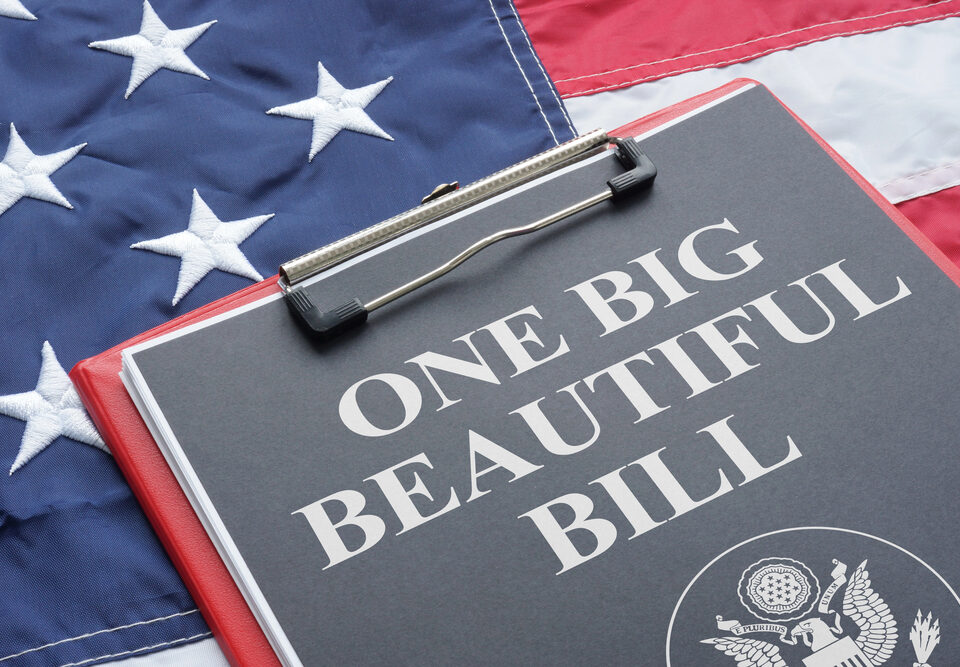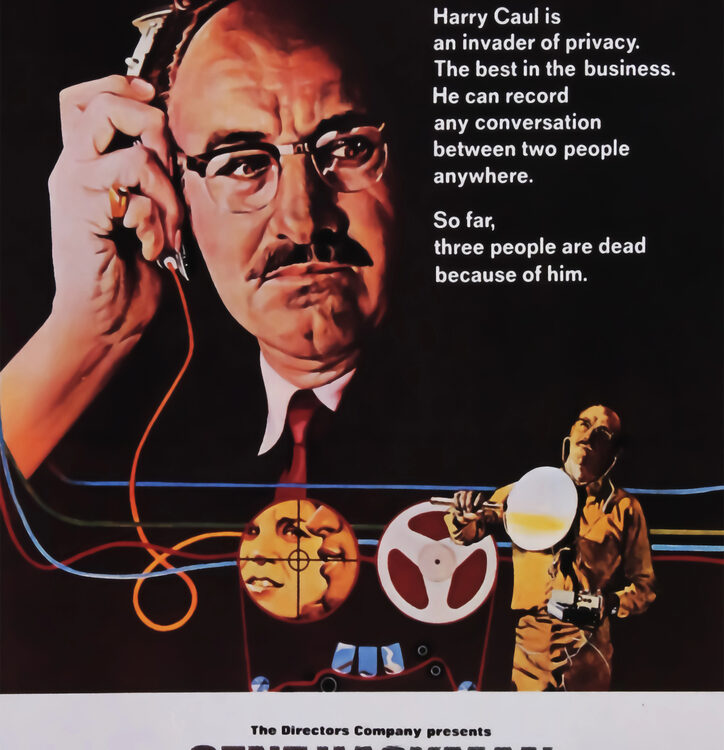What You Need to Know About Elder Care and the Law’s Denial of Intra-Family Contracts
July 21, 2019The Complications of Jeffrey Epstein’s Money
August 15, 2019When accomplished actress, artist, author, designer, and socialite Gloria Vanderbilt died in June 2019 at the age of 95, it was rumored that she left behind a sizeable estate estimated around $200 million. However, after further review of her assets, it has been discovered that her once mighty estate is valued at less than $1.5 million.
According to her Will, her biggest possession, her Midtown co-op, valued at $1.2. million, will pass to her oldest son, Leopold, and “all the rest” will pass to her youngest son, Anderson Cooper.

Even though Vanderbilt was herself the beneficiary of a $5 million trust fund, inheriting money going back four generations, Cooper never expected anything from his mother’s estate. He stated in a 2014 radio interview with Howard Stern that, although he and Vanderbilt shared a close mother-son relationship, she had made it clear to him that he should not expect to inherit when she died.
Cooper also shared his belief that when someone knows they stand to inherit a sizable sum of money from one or both parents, they lose the motivation to be successful in their own right. This echoed statements Vanderbilt herself made over the years, suggesting that the money she’d earned on her own was more valuable, more tangible, than her inherited wealth. Based on what is known today, it has been reported that neither Cooper nor either of his two surviving siblings may be named as beneficiaries of Vanderbilt’s estate.
An important component of estate planning is making sure your plan, whatever it looks like, is aligned with your values. Generally speaking, you are under no obligation to leave assets to your children. While most parents do name their children as beneficiaries of some or all of their assets, others leave the bulk of their estates to charitable organizations or other individuals who they believe are more deserving or better recipients. The key is to create legal documents that reflect your values, and to update those documents as circumstances change.
For help creating or updating your own estate planning documents, contact The Estate Planning & Legacy Law Center today.



